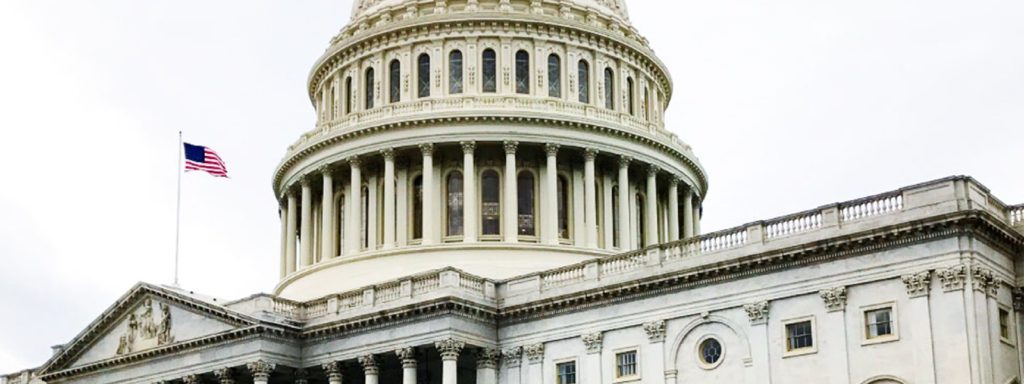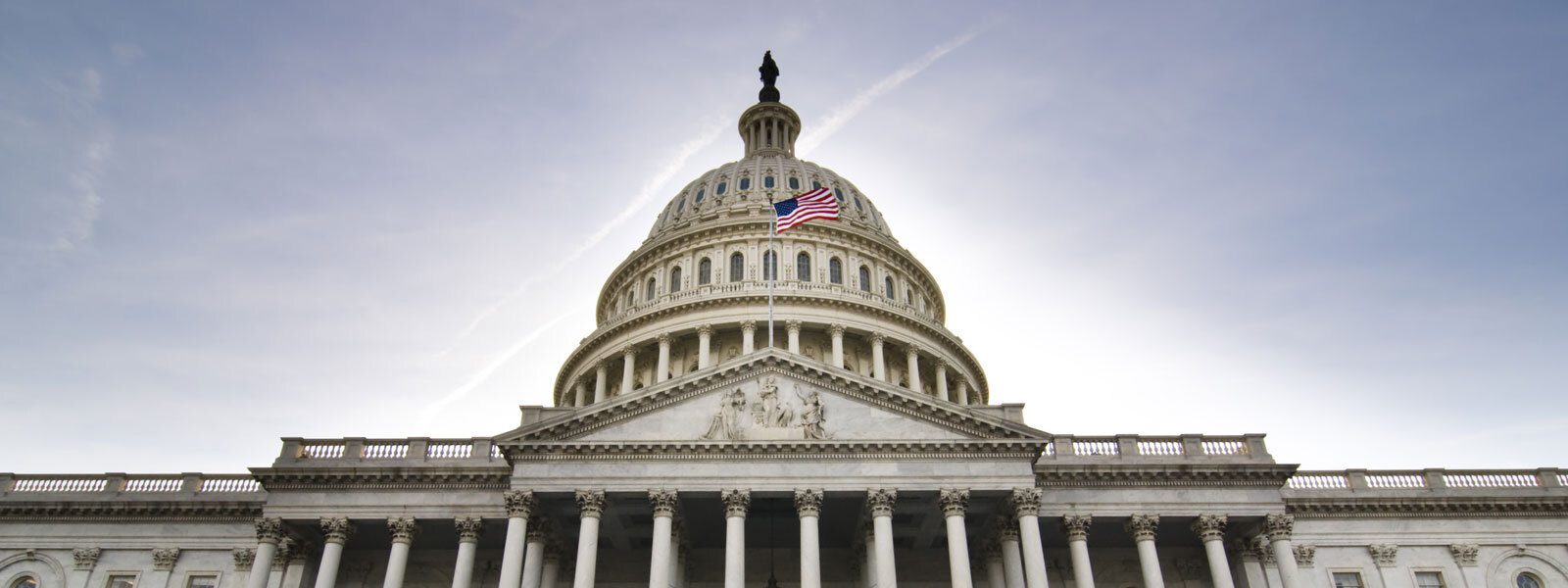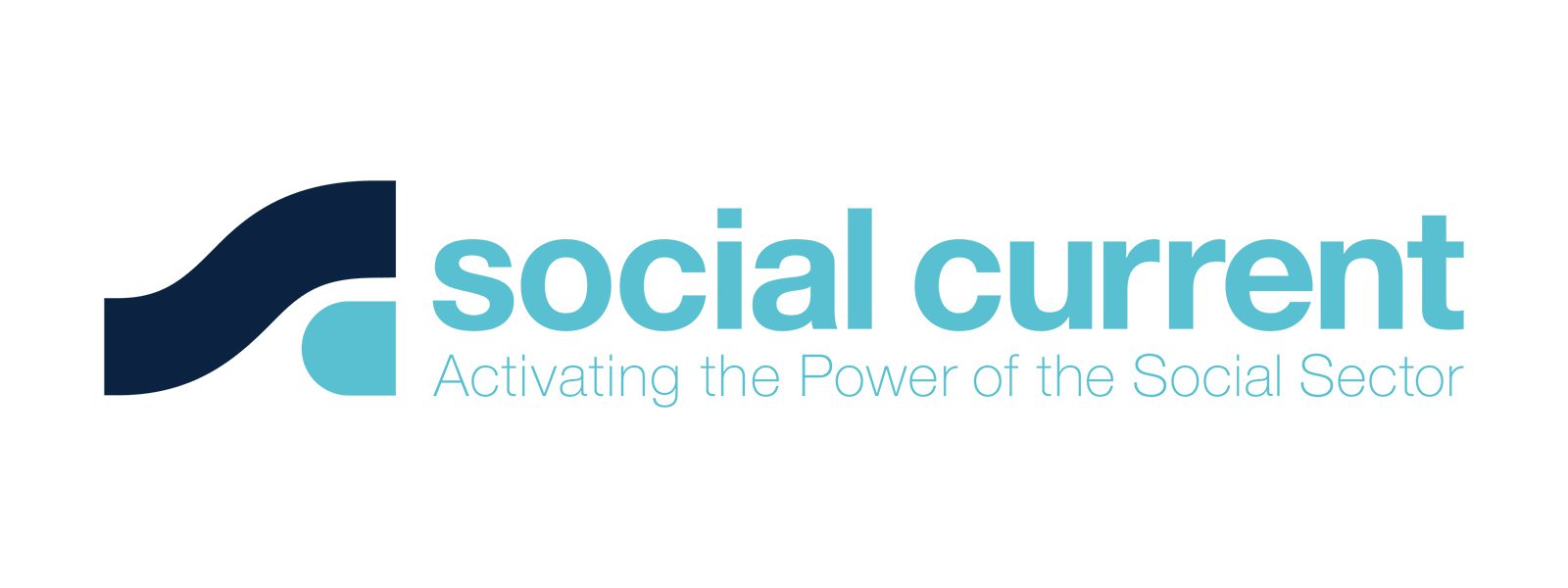It may seem out of place, at the very moment when we are knee deep in negotiations on the fourth COVID-19 package, to be writing about anything other than our sector’s critical needs for financial assistance. We know that this package – likely the last COVID-19 response package before the November elections – is a critical lifeline for nonprofits and, more importantly, the communities we serve.
So, as you will see in other articles and calls to action this week, our focus is squarely placed on this legislation.
We also know, however, that even while we focus on immediate financial relief, we must also keep our eyes on the horizon, thinking creatively and boldly about how the nation will re-build. Policymakers have critical investment choices to make about how and where to focus federal resources as we move toward the future. And as a sector – and as sector advocates – our job is to help policymakers see investments into our civic and community infrastructure as key to reaching a better, equitable future where all people living in the U.S. can thrive.
As a means of contributing to this outcome, IS and KABOOM! joined together to form the Nonprofit Infrastructure Investment Advocacy Group (or NIIAG – because we all need a good acronym). We are now about 25 organizations strong – a diverse group of sector leaders and organizations that share this common goal of a future that works for all people, not just for some. Read more about our focus in a recent post from the heads of IS, KABOOM!, and the National Urban League.
Two weeks ago, we sent our first set of investment priorities to Senate leadership as it was crafting its approach to the latest COVID-19 relief package. Each of these asks has a direct connection to the COVID-19 pandemic, and each has a direct contribution to make to how we emerge from this crisis. Briefly, those asks were:
- $3.6 billion for grants to state, local, or tribal governments for contingency planning, preparation, and the resilience of elections for Federal office in November of 2020. Voting is the constitutional right of every American. As a matter of basic safety and fairness, voters must not be confronted with a choice between their health and their civic responsibility to vote. In order to strengthen our communities and help them recover, nonprofits need all citizens to be able to raise their voices in the policy process by way of their vote, which is their fundamental right. Take action to support safe elections.
- $1.5 billion for WiFi hotspots and connected devices for students, schools, homes, and library patrons; $4 billion for emergency home connectivity needs; and $24 million for the FCC to develop improved broadband coverage maps to inform future subsidy programs. While the systemic fixes needed to permanently close the digital divide in this nation may be beyond the scope of this next COVID-19 package, these immediate investments are crucial to ensuring that households are able to access critical services. As our communities continue to social distance, reliable internet access serves as a lifeline to students and their households for learning and for connecting through nonprofits to services providing food, rental assistance, job training, spiritual growth and the arts. Take action to bridge the digital divide.
- $400 million to boost the emergency budget for the 2020 Census; $10 million to further support current surveys; and a delay of statutory deadlines by four months for census reporting of 2020 results. Communities are incredibly dependent on the integrity of the census process as it informs the allocation of vital community resources for the following decade. An inaccurate count will undermine nonprofit work, and the health of our communities, for decades to come. COVID-19 relief legislation must account for unforeseen delays in the census process, ensure appropriate extensions of deadlines, and enhance necessary oversight of these changes. Take action to fund the census.
As you likely know, the Senate this week released the HEALS Act, its version of the next phase of COVID-relief legislation. It is a much smaller bill than the House passed HEROES Act – in both scope and dollar amounts. However, while it falls short on many of the sector’s needs for robust financial relief, we are pleased that the Senate bill provides significant census-specific funding, though additional advocacy to extend important deadlines will be needed. So, our voices are being heard.
But there is much more work to be done.
The Senate bill does not include any of the funding we have requested for healthy elections in November 2020, nor funding to ensure households can access WiFi service so students can continue to learn and families can access the needed services nonprofits provide. We cannot, and we will not, let up on advocating for these funds, whether they come in this bill or in subsequent legislation.
I want to end with a note of thanks to those organizations who have launched into this NIIAG coalition alongside us. As they have heard me say more than once, coalition work is messy and takes a long-haul commitment. We are so grateful that NIIAG members embrace the long-haul messiness of our work – in fact they seem energized by it. And we are deeply thankful for the openness of this group – open not only to new ideas and experiences, but open to new members. This is a community that is growing. And, so, I offer an invitation. If you want to know more about the NIIAG and where it is headed, reach out to me directly.
We only ask that you have an eye on that horizon – beyond the current health, economic, and racial crises and toward the better nation we might become with the right investments in our civic and community infrastructure.
We’d be stronger with you.



